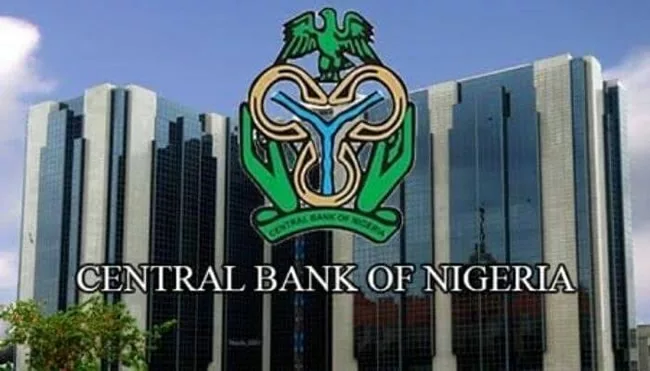Form M is a key requirement for initiating the importation process and is used by importers or their authorized representatives to provide necessary information to the bank for processing.
The volatility of the exchange rate, according to analysts and importers, have contributed to the rising cost of living in the country where inflation is in the borders of 30 per cent
The CBN, in a circular issued by the director, Trade and Exchange Department, Dr Hassan Mahmud, to the Nigerian Customs Service and the general public, said, it noted the concerns of importers of goods and services n the irregular changes in the Import Duty Assessment levies applied by the NCS.
According to the apex bank, the uncertainty of the forex rate had “further built uncertainties around the pricing structure of goods and services in the economy and creating abnormal increases in the final sale prices of items, which is largely driven by uncertainties, rather than traditional market fundamentals, with implications to near term inflation trend.
“To this effect, the CBN wishes to advise that the Nigeria Custom Service and other related Parties adopt the closing forex rate on the date of opening Form M for the importation of goods. as the forex rate to be used for import Duty Assessment This rate remains valid until the date of termination of the importation and clearance of goods by importers.
“This would enable the Nigeria Custom Service and the importers to effectively plan appropriately and reduce the uncertainties around varying daily exchange rate in determining their revenue or cost structure, respectively.
“Therefore, effective 26th February 2024, the closing rate on the date of opening of Form M for the importation of goods and services would be the rates that would apply for the assessment of import duty.
This supersedes the requirements of Memorandum 9, J (2) of the Central Bank of Nigeria Foreign Exchange Manual. (Revised Edition), 2018.
“While the CBN is mindful of the initial volatility and price distortions in the aftermath of the forex market liberalization, the Bank is confident that these reforms, would in the medium term, ensure stability in the market and entrench market confidence necessary to attract investment capital for the growth and development of the Nigerian economy.”
Commenting, the chief executive of the Centre for Promotion of Private Enterprise (CPPE), Dr Muda Yusuf said, the development would reduce the current uncertainty around imports and related transactions in the economy, adding that, an exchange rate of over N1,400 is still too high for a country that is facing galloping inflation.
He appealed that the import duty exchange rate should be reduced, saying “the customs duty exchange rate at N1000 to the dollar for the rest of the year in line with the federal government’s commitment to ease the current hardships on the citizens and the burden on businesses.
“The current customs duty exchange rate of N1488.9 to the dollar is still too high in the context of the current galloping inflation and difficulties facing businesses and the citizens. Instances of abandoned cargo is on the increase as a consequence of escalating trade cost. These are not good outcomes for an economy seeking to ensure recovery, drive growth, promote inclusion and guarantee social stability.”





